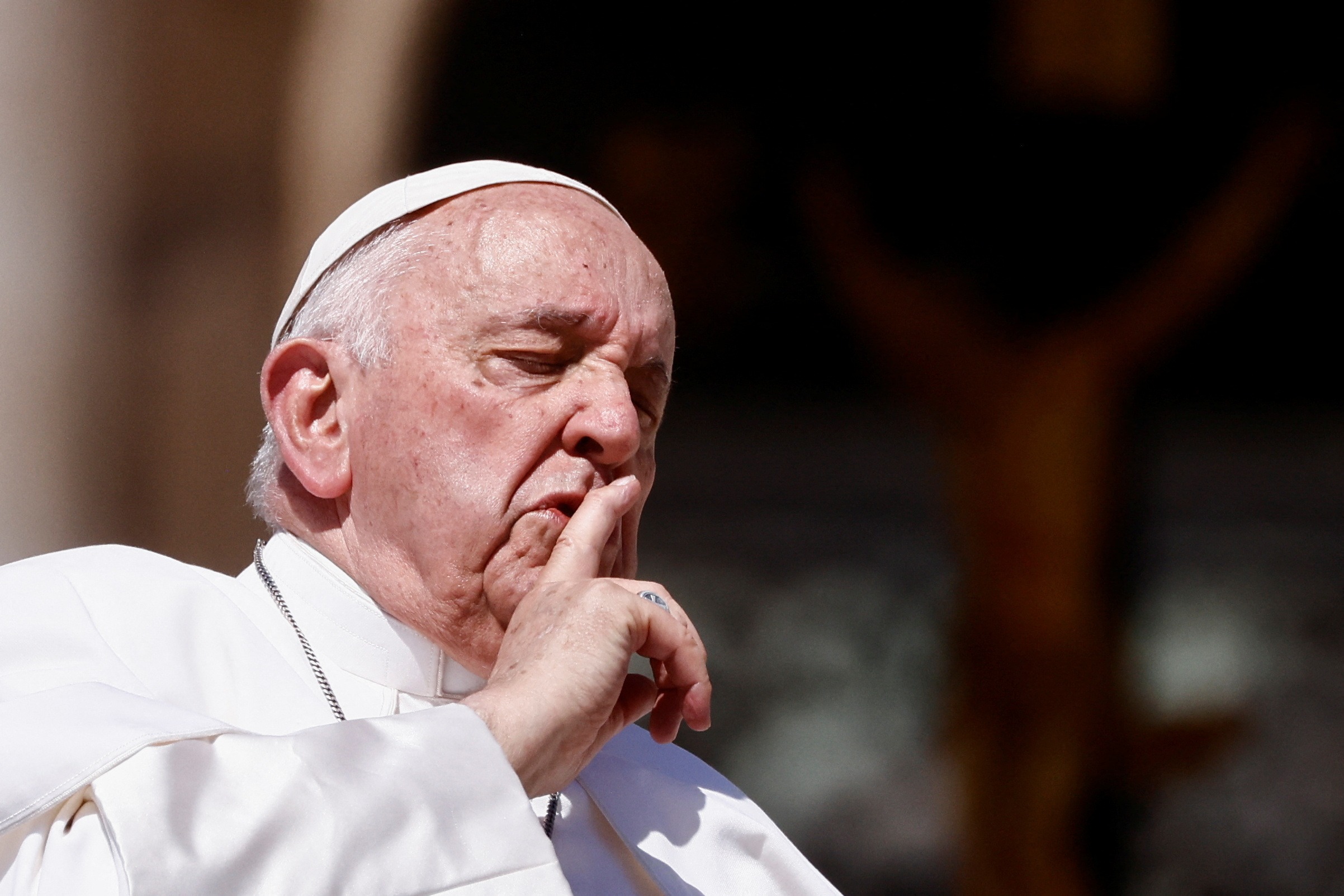2024 Election: How Kamala Harris and Donald Trump Will Shape the Future for Gay Men
Written by gaymennews • August 9, 2024

The 2024 election offers two distinct futures for LGBTQ+ rights in America. Discover the pros and cons of Kamala Harris and Donald Trump’s visions for gay men.
The 2024 U.S. Presidential Election will be a defining moment for many Americans, particularly gay men and the broader LGBTQ+ community. With Kamala Harris representing the Democratic Party and Donald Trump, the Republican Party, the election presents two distinct paths. This analysis examines the potential impacts of each candidate’s policies on gay men, offering a balanced, fact-based view to help voters make an informed decision.

Kamala Harris: Advocacy for LGBTQ+ Rights with Progressive Challenges
Kamala Harris has a well-established record of supporting LGBTQ+ rights. As a former California Attorney General and U.S. Senator, she has been a staunch advocate for equality, co-sponsoring the Equality Act and fighting against discriminatory practices. Her tenure as Vice President under Joe Biden has reinforced her commitment to advancing LGBTQ+ protections.
Positive Impacts on Gay Men Under Kamala Harris:
Expanded Legal Protections:
Harris has been a vocal supporter of the Equality Act, which seeks to prohibit discrimination based on sexual orientation and gender identity in various public spheres. If passed, this legislation could provide comprehensive protections for gay men in areas such as employment, housing, and education.
Healthcare Access:
Harris supports healthcare policies that include specific protections for LGBTQ+ individuals. Her administration would likely continue to push for healthcare access that includes coverage for HIV/AIDS treatment and prevention and protections against discrimination in healthcare settings.
Global Advocacy:
Harris has shown a strong commitment to promoting LGBTQ+ rights internationally. Her approach to foreign policy includes advocating for the rights of LGBTQ+ individuals globally, which could lead to increased diplomatic efforts to protect LGBTQ+ communities worldwide.
Challenges and Criticisms:
Overemphasis on Progressive Policies:
Some critics argue that Harris’s strong progressive stance might alienate more moderate voters, including those within the LGBTQ+ community who may not align with all aspects of the progressive agenda. Her focus on passing broad, sweeping legislation like the Equality Act may face significant opposition in a divided Congress, potentially stalling progress on key issues.
Impact on Religious Freedom:
While Harris advocates for comprehensive protections against discrimination, some religious groups have expressed concern that her policies might infringe on religious liberty. Balancing LGBTQ+ rights with religious freedom could be a contentious issue under her administration, potentially leading to legal battles and social tension.
Economic Policies:
Harris’s broader economic policies, which include increasing taxes on the wealthy and expanding government programs, may impact businesses’ financial stability, including those owned by LGBTQ+ individuals. Critics argue that these policies could slow economic growth, affecting employment opportunities for all Americans, including gay men.

Donald Trump: A Focus on Religious Liberty with Conservative Policies
Donald Trump, as the Republican nominee, offers a different vision that emphasizes conservative values and religious liberty. During his first term as President, Trump appointed conservative judges, rolled back certain Obama-era protections, and prioritized religious freedom, which he argues protects the rights of all Americans, including religious LGBTQ+ individuals.
Positive Impacts on Gay Men Under Donald Trump:
Support for Religious Freedom:
Trump’s administration emphasized the importance of religious liberty, arguing that protecting religious rights does not necessarily conflict with LGBTQ+ rights. For gay men who prioritize their faith, Trump’s stance offers protection against what they might see as government overreach in matters of conscience.
Judicial Appointments:
Trump’s appointment of conservative judges, including to the Supreme Court, is seen by supporters as ensuring that the judiciary interprets the Constitution according to its original meaning. For those who value a strict interpretation of the law, including some within the LGBTQ+ community, this could mean a more predictable and stable legal environment.
Economic Growth and Job Creation:
Trump’s focus on deregulation and tax cuts is credited by his supporters with boosting the economy during his first term. For gay men who prioritize economic opportunity, Trump’s policies might offer a more favorable environment for business growth and employment.
Challenges and Criticisms:
Rollback of LGBTQ+ Protections:
Trump’s administration took steps to reverse several protections for LGBTQ+ individuals, including rescinding guidelines that protected transgender students in schools and rolling back healthcare protections against discrimination. These actions have raised concerns among those who fear a broader erosion of LGBTQ+ rights.
Social and Cultural Divisions:
Trump’s rhetoric and policies have often been polarizing, contributing to a more divided social climate. For gay men who are concerned about increasing social tension and the rise of discrimination, this aspect of Trump’s leadership could be troubling.
Uncertainty in Foreign Policy:
While Trump has shown support for some LGBTQ+ issues, his administration’s approach to foreign policy has been unpredictable. This uncertainty could impact the U.S.’s ability to consistently advocate for LGBTQ+ rights on the global stage, leaving international LGBTQ+ communities in a precarious position.
Conclusion: Evaluating the Future for Gay Men in 2024
The 2024 election presents two distinct paths for gay men in America. Kamala Harris offers a continuation of progressive policies that aim to expand and solidify LGBTQ+ rights, but with potential challenges related to religious freedom and economic policy. On the other hand, Donald Trump provides a conservative approach that emphasizes religious liberty and economic growth but carries the risk of further rolling back LGBTQ+ protections and increasing social divisions.
Ultimately, the decision in the 2024 election will shape the future of LGBTQ+ rights in the U.S. Voters must weigh the benefits and challenges of each candidate’s platform to determine which vision aligns best with their values and priorities.




